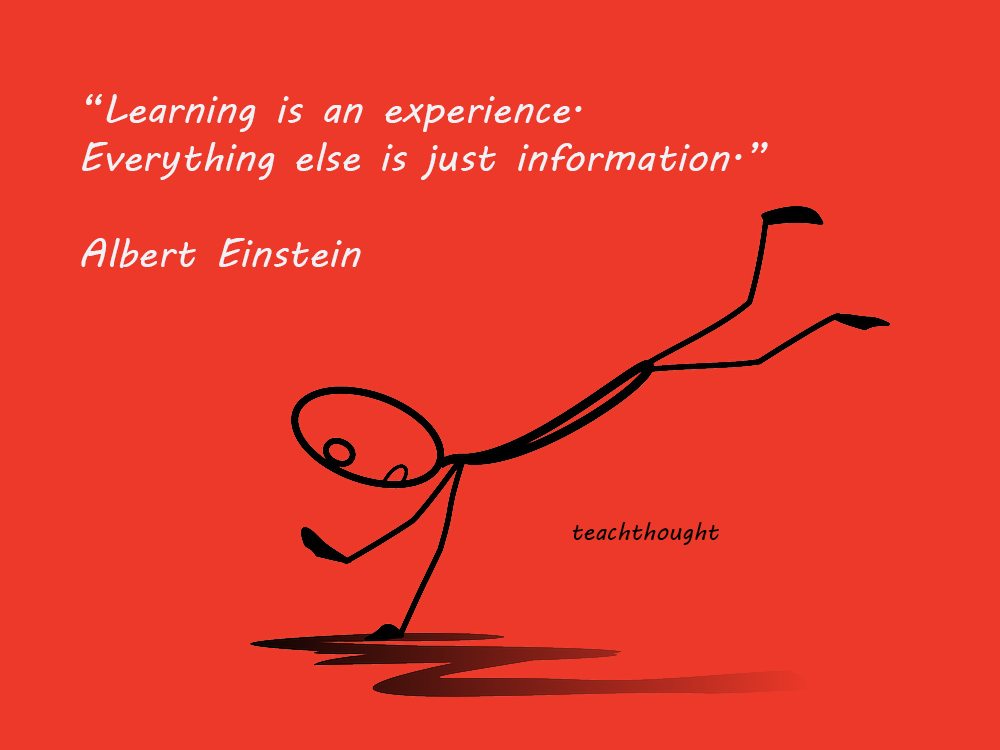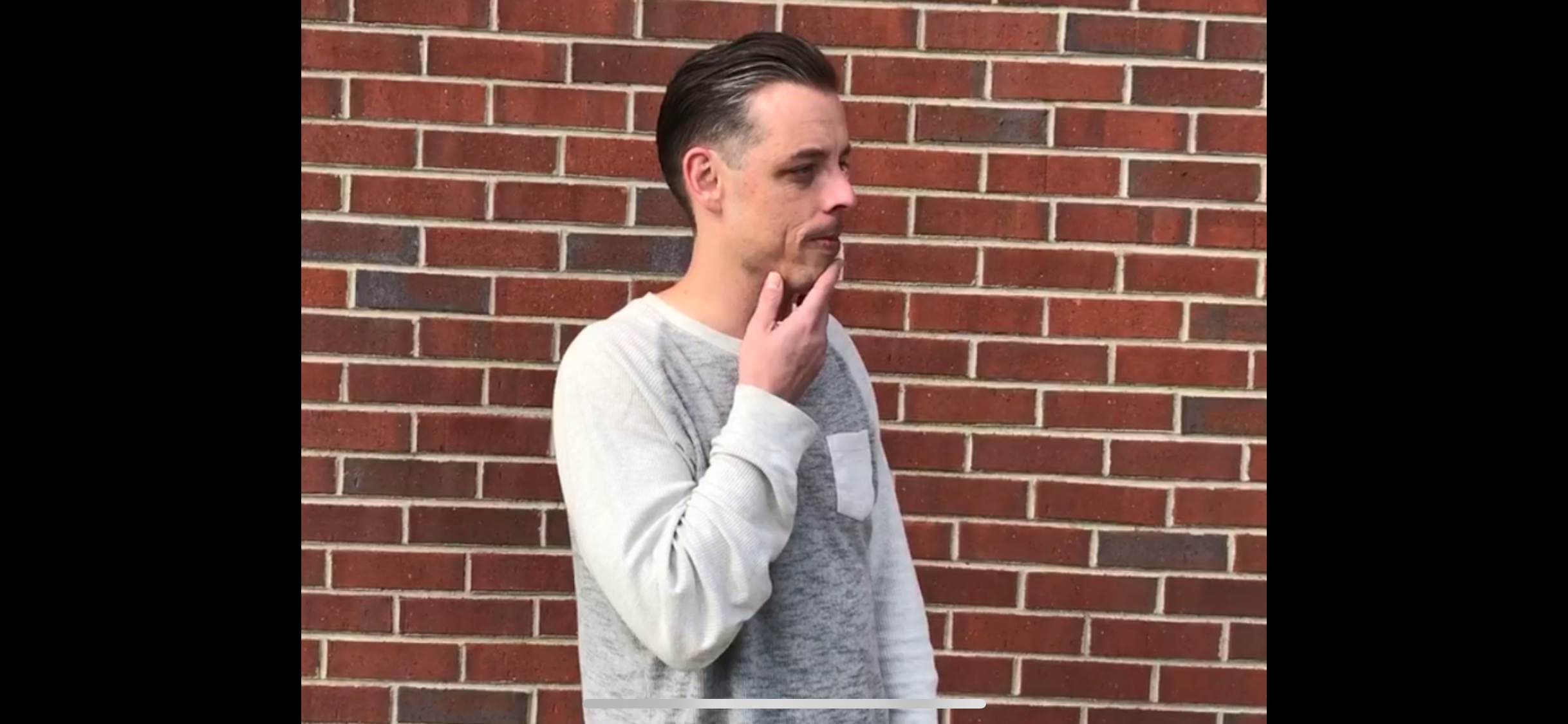“Learning is an experience. Everything else is just information.”
by Terry Heick
There is an essential–and essentially human–movement in learning–a point where something transitions from other to self.
It starts with recognition–an awareness of that thing. A formula, process, skill, or idea. Then there’s analysis.
What is this thing? And evaluation? What is its worth? Is it worth the investment of my finite mental energy?
If these steps check out, next becomes experimentation. Tinkering. Playing around. Seeing what’s what.
What happens if I do this? What are the rules here? What’s up for negotiation and what’s not? The size of the universe, for example–what are its rules? Its parts? How can I judge it as a whole?
Same with literary symbolism, or times tables, or the writing process.
Let me poke it. Pick it up and drop it. Use it wrong on accident. Use it wrong on purpose.
Then there’s always some kind of social component–where have I seen others use this, and how? What do others know about it?
Then, back to self.
What does this thing require of me? What is the relationship between this thing and me? What now?
This is how learning happens. This is how that thing over there gets absorbed into the person. The idea merges with the human and one adds to the other. It’s a process of cognitive ownership, and something Albert Einstein clearly understands.
Mastery is an ongoing process. It’s organic and perishable. The world vibrates; data is dynamic and alive and turns over on itself constantly like a restless, sleeping animal.
Learning is an experience. Everything else is just information.
“Learning is an experience. Everything else is just information.”


